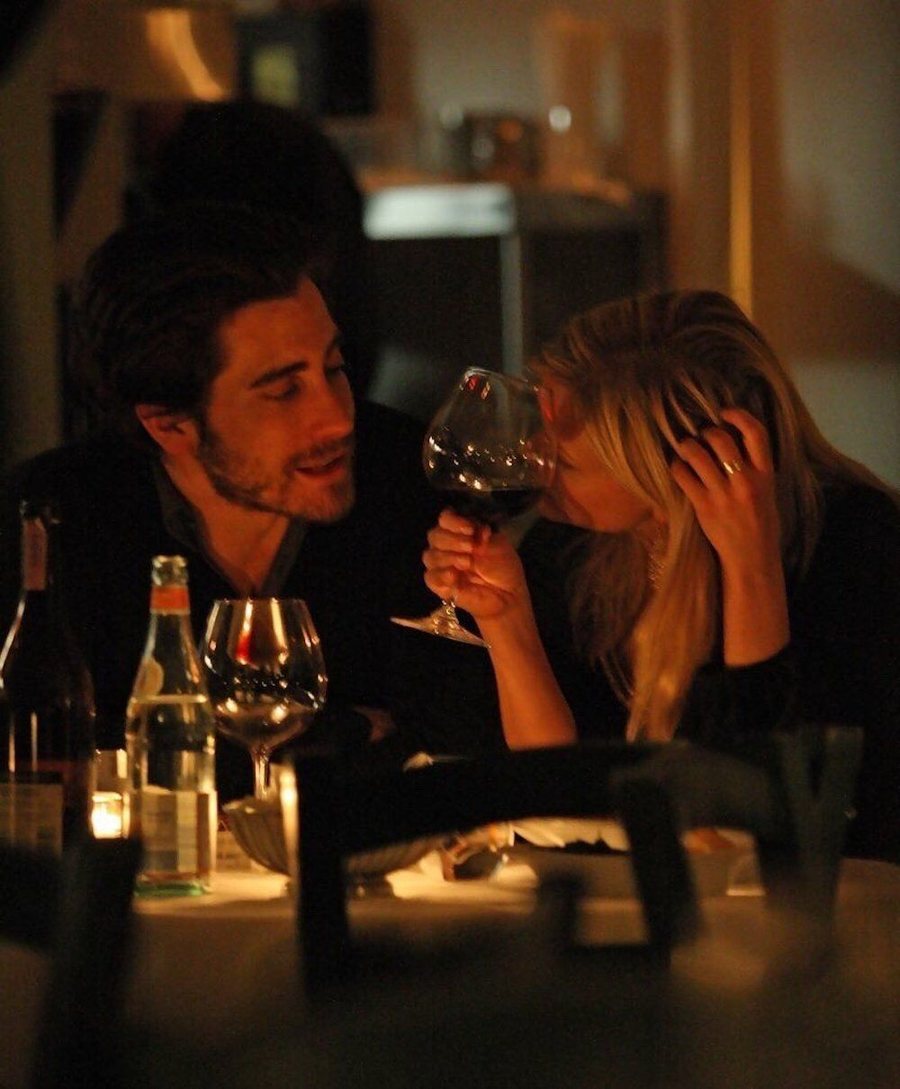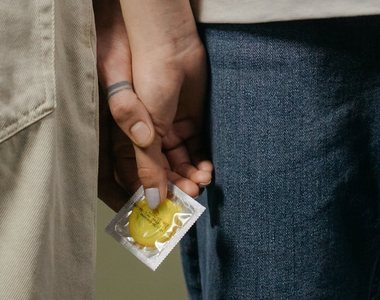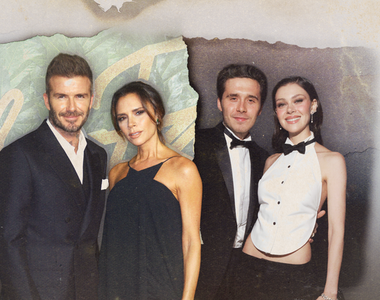
Modern dating, especially through apps, is often a real challenge. In addition to the already well-known phenomenon of “ catfishing ,” where someone creates a fake profile on social networks or dating apps, a new trend is negatively affecting users: “ bio-baiting .”
This is usually the case when someone describes themselves in an overly embellished way on their profile, with descriptions that do not match reality, with the aim of generating more interest or attraction.
A recent survey of 1,500 singles, conducted by dating app Wisp , found that 63% of them felt disappointed when they met someone who didn't match their profile description. Among the most common clichés that proved misleading were:
“I like to travel” (68%) and “I am adventurous” (51%), followed by descriptions such as “entrepreneur” (39%), “foodlover” (34%) and “spontaneous” (29%).

Sylvia Linzalone, dating expert at Wisp , said these practices are leading to dating app fatigue, as "the disappointment when someone doesn't meet their profile expectations lowers trust and makes the whole process feel fake and superficial."
"The best defense against 'bio-baiting' is to move the conversation from the app to real life as quickly as possible, to avoid excessive expectations and disappointment," she says.
“Bio-baiting” is just one of the recent toxic trends in the dating world. Some others include:
Shrekking – when someone intentionally lowers their self-esteem or standards to be on the same level as a less attractive partner, in the hope that they will be treated better.
Hiding – when a person in a relationship decides to “hide” their partner from friends or family. While it’s not always a bad thing, it can be a sign of insecurity or a lack of commitment.

Experts advise that, instead of trying to fit into any of these trends, be honest with yourself and the person you are interested in, as this is the best way to build a healthy and lasting relationship.





